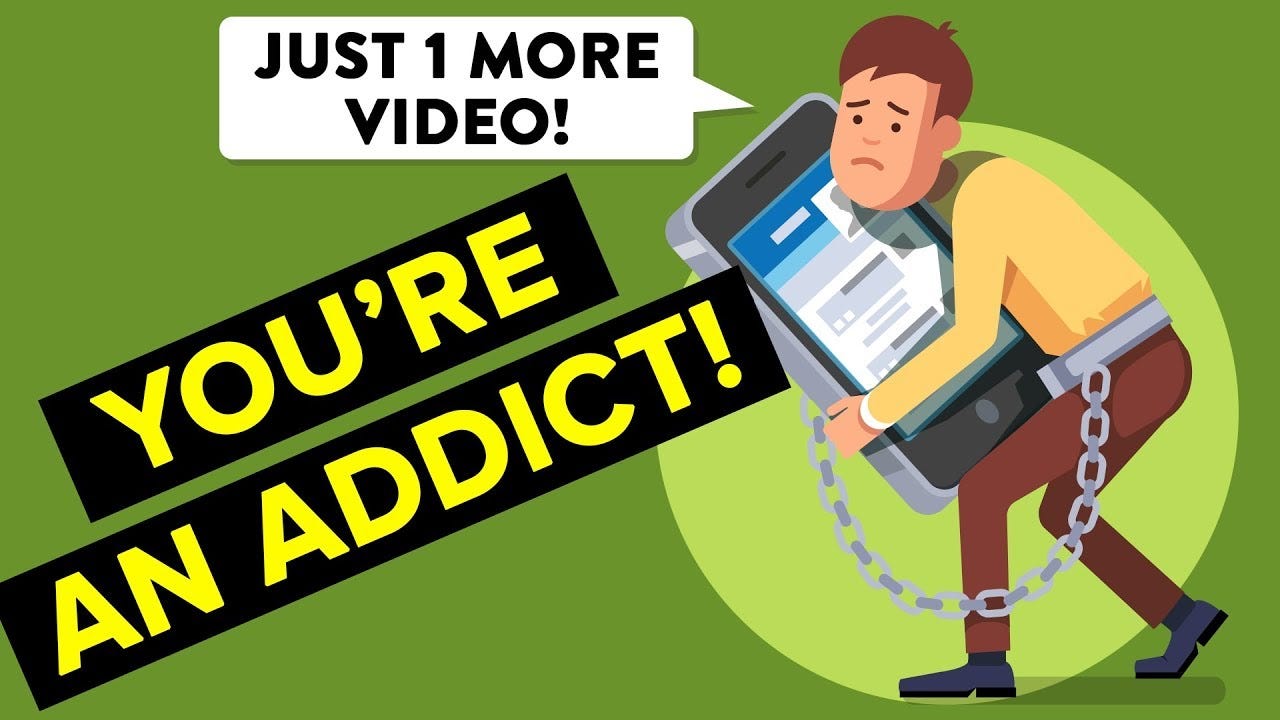What Does “I’m Feeling Curious” Mean?
“I’m Emotion Curious” is more than a phrase—it’s an invitation to discover, problem, and discover. Popularized by Bing being an Easter egg function that sent arbitrary trivia and interesting details, it’s arrive at symbolize a state of brain that embraces knowledge, novelty, and lifelong learning.
The Origin of the Phrase
The term acquired footing when Bing presented a characteristic wherever, upon typing “I’michael sensation curious” to the search club, customers were given a arbitrary fun fact and a quick to understand more. It became a lighthearted yet impactful method to encourage spontaneous learning and rational exploration.
Why Curiosity Matters
Awareness isn’t just about asking questions. It’s a simple individual trait that pushes learning, creativity, problem-solving, and innovation.
The Science Behind Curiosity
Neuroscience demonstrates awareness stimulates the brain’s prize system, delivering dopamine—a feel-good chemical. This not only makes learning more fulfilling but additionally improves preservation and memory.
🧠 Advantages of Being Interested:
- Enhances learning and awareness
- Improves intellectual well-being
- Fosters creativity and innovation
- Encourages concern and knowledge
- Develops stronger associations through productive listening
How to Embrace a Curious Mindset
You do not have to hold back for a trivia pop-up to ignite your curiosity. With a shift in mind-set, awareness may become an all natural part of your day-to-day routine.
Ask More Questions
Challenge yourself to question “why,” “how,” and “what if.” Whether you are studying articles, watching a documentary, or having a discussion, problem the deeper layers behind that which you see and hear.
Explore Beyond Your Comfort Zone
Read books outside your normal genre. View a documentary on a subject you have never considered. Awareness usually roses whenever we uncover ourselves to different ideas.
Practice Active Observation
Slow down and truly notice your environment. Awareness thrives in quiet moments—when you make time to notice the small things.
The Role of Technology in Sparking Curiosity
Google’s “I’m Feeling Curious” Feature
When presented, Google’s function served as a pleasant memory that learning could be rapid, simple, and actually fun. Below are a few forms of details customers could learn:
- Exactly why is the atmosphere orange?
- How can chameleons change color?
- What’s the origin of the term “robot”?
Each problem was included with a short answer and the choice to understand more—turning a single question in to a bunny hole of information.
Curiosity in the Digital Age
From YouTube guides to educational podcasts, engineering offers unrestricted approaches to meet curiosity. Online programs can change lazy instances in to possibilities to understand anything new.
🔧 Resources That Gas Awareness:
- Reddit’s r/todayilearned – Day-to-day user-submitted details
- TED Talks – Displays on a wide variety of exciting issues
- Duolingo or Khan Academy – For anyone interested in learning new languages or matters
- CuriosityStream – A streaming service focused on educational material
Famous People Who Embodied Curiosity

Many great thinkers, scientists, and musicians were fueled by an insatiable desire to know more.
Leonardo da Vinci
The ultimate Renaissance man, da Vinci explored sets from structure to astronomy to engineering. His laptops show a strong desire to know the aspects of the world.
Albert Einstein
Einstein once said, “I don’t have any unique talent. I’m just passionately curious.” His breakthroughs in science were driven not only by intelligence but by wonder.
Marie Curie
Curie’s awareness led to the finding of radioactivity, adjusting research forever. She once said, “Be less interested in learning persons and more interested in learning ideas.”
Curiosity in Everyday Life
You do not have to become a scientist or scholar to be curious. Daily awareness can cause richer activities and deeper connections.
In Conversations
Asking careful issues makes conversations more engaging. It shows true interest and usually results in meaningful insights.
In the Workplace
Interested employees usually become problem-solvers and innovators. They are more likely to grasp problems and conform to change.
In Parenting
Stimulating awareness in children assists build important thinking skills. Solution their issues patiently—and let them see you asking your own.
Common Questions People Ask When They’re Feeling Curious
Below are a few fun and mind-expanding issues persons usually search when awareness moves:
🌍 Nature and Science
- Why do cats purr?
- May crops hear sound?
- What is dark subject?
📜 History and Culture
- Who developed time locations?
- What triggered the fall of the Roman Empire?
- Why do we shake hands?
🧬 Human Body and Mind
- How does storage perform?
- What can cause déjà vu?
- Why do we dream?
How to Nurture Curiosity in Children and Adults
Awareness isn’t anything you are created with—it can be nurtured, produced, and reignited at any age.
💡 For Children
- Allow them to question unrestricted issues
- Give hands-on activities (e.g., research packages, character walks)
- Avoid over-scheduling—boredom usually results in awareness
💼 For Adults
- Select a new interest or ability every couple of months
- Attend lectures or on line webinars
- Go different places (even within your city)
Curiosity and Personal Growth
Awareness fuels self-awareness and particular development. By asking yourself greater questions—like “What do I really want?” or “What if I attempted this differently?”—you open new trails to growth.
Journaling as a Tool
Publishing down your thoughts and issues will help clarify some ideas and ignite new interests. Take to journaling with requests like:
- What did I learn nowadays?
- What made me question recently?
- What am I curious to discover tomorrow?
Conclusion
“I’m sensation curious” isn’t just a research term—it’s a mindset. In a global that always encourages rapid responses and fast judgments, picking awareness means picking range, finding, and lifelong learning.
Oahu is the first step toward becoming more conscious, open-minded, and intellectually alive.
So next time you discover your self with a minute to sacrifice, think about: What am I interested in learning right now?




